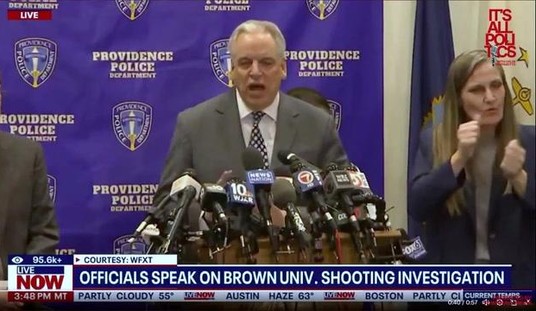In the year 2000 when I was a correspondent in Russia and Vladimir Putin was preparing to take over the presidency a popular joke went like this: Putin has chosen a Korean model for Russia, but he hasn’t decided yet if it’s the South Korean or North Korean model.
This joke is being retold in Dmitri Trenin’s new book Getting Russia Right. Seven years ago many observers thought that Putin was opting for the South Korean model. A flat income tax of 13 pct. was introduced, a land reform strengtening property rights was passed and people in custody were given additionel rights. In foreign policy Putin was the first to give his full support to the US after 9/11 and he quickly endorsed the liquidation of the Taleban regime in Afghanistan. Putin also took the unprecedented initiative of allowing American military bases in the former Soviet republics in Central Asia, and finally, in October 2001 Putin received standing applause from the German parliament after having delivered a speech that at the time was perceived as Russia’s European choice.
Other events pointed in a more disturbing direction: The second Chechen war, that was pursued in a brutal way, attacks on independent media and the arrest of Mikhail Khodorkovsky, chairman of the oil company Yukos.
After Putin’s recent announcement that he has no intention of leaving power when his second term as president expires next spring new speculations about a North Korean model for Russia have emerged. And Putin’s decision isn’t the only indicator of this trend. A new law on extremism gives the state widening authority to take action against any citizen and NGO’s are under growing pressure. The Kremlin frequently label them front organizations for Western intelligence services and Putin has done away with elections of regional leaders. On the foreign policy scene Putin is excercising pressure on Ukraine and Georgia after the color revolutions in 2003 and 2004 and at times he seems obsessed with conspiracy theories about the West’s deliberate attempt to undermine Russia and provoke a new Russian color revolution against the Kremlin.
Trenin is puzzled. He is afraid that the West reads Russia wrong by being to occupied with the negative trends. He doesn’t think that the situation has deteriorated to the extent that justifies writing Russia off as ”North Korea”. Trenin calls on the West not to focus exclusively in Kremlin politics but to look further and acknowledge that there is a new Russia beyond the long shadows of the Kreml towers. It’s not a democratic Russia, but is’s a capitalist country and that’s a positive sign. To Trenin it definitely looks more like South Korea than North Korea. 3 pct. of the population is very rich, 20 pct. belongs to the emerging middle class, another 20 pct. are poor, and it’s difficult to predict what will happen to the remaining 50-60 pct. of the population
”America and Europe ought to look at Russia as a new capitalistic country, not as a failed democratic state,” Trenin concludes.
Yegor Gaidar, former prime minister and a leading scholar on the transition of former Communist countries, seems to agree. He points to the fact that the Russian economy has been growing for nine consecutive years and Russia’s GDP has reached 10.000 dollars pr. capita. It’s an urban society with a well educated population.
”You cannot isolate this kind of society from democracy for a long period of time,” Gaidar concluded in a recent interview.
He is convinced that Russia in 15 years will be a democracy. So maybe, Putin isn’t forever, though that’s the way it looks right now. The big question is whether Russia is bound to go through a new circle of internal violence and upheavel or if Putinism will be overcome in a peaceful way.









Join the conversation as a VIP Member